The visitor then informed his hosts of his desire to leave the City at dawn on the third day. Everyone began to observe this man whose presence they had become accustomed to. The visitor’s word was that he would leave the city at dawn on the third day. No one would think of objecting.
WIVIWIC: 15. At dawn on the third day…
15. At dawn on the third day… 
 time
time
 sun
sun afternoon
afternoon day after tomorrow
day after tomorrow day before yesterday
day before yesterday evening
evening morning
morning night
night tonight
tonight noon
noon today
today tomorrow
tomorrow week
week yesterday
yesterday kal
kal aanewala kal
aanewala kal beeta hua kal
beeta hua kal birthday
birthday Singmogil
Singmogil autumn equinox
autumn equinox spring equinox
spring equinox newspaper
newspaper hello (2)
hello (2) holiday
holiday


























 iii-Sunday-iii
iii-Sunday-iii




















